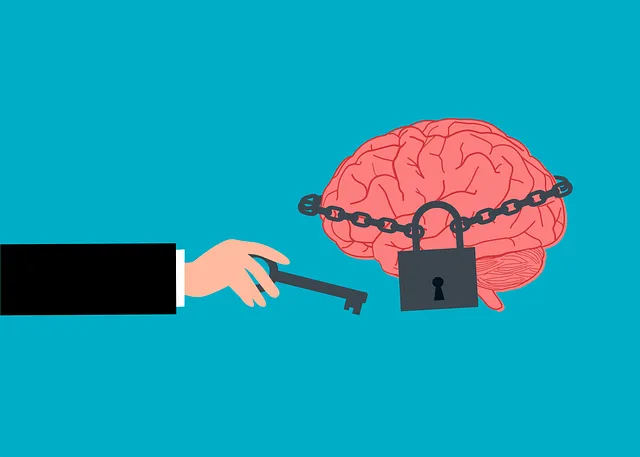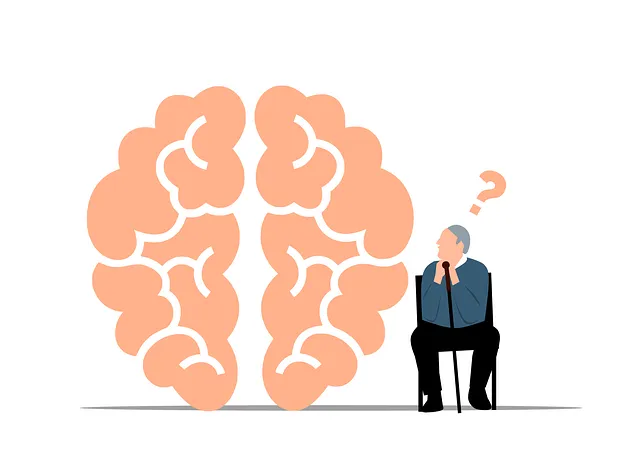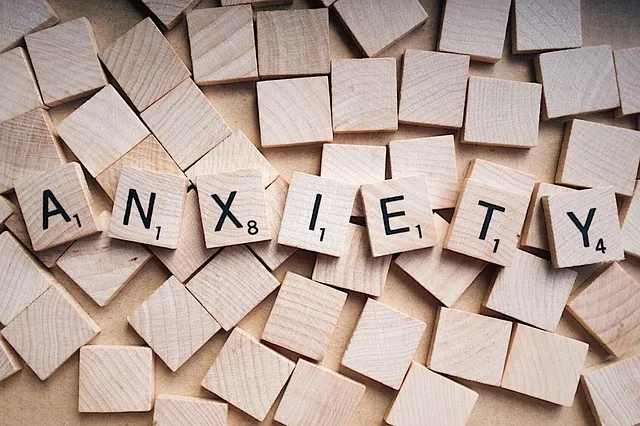The Longmont Kaiser Permanente mental health appointment center is a model for culturally sensitive care, addressing diverse patient needs by integrating programs like Crisis Intervention Guidance and Social Skills Training. Therapists validate cultural beliefs, adapt communication styles, and incorporate preferred healing practices to build trust and encourage openness. This inclusive approach leads to improved mood management, higher satisfaction rates, and better mental health outcomes for patients from various ethnic backgrounds.
In an increasingly diverse world, cultural sensitivity is a cornerstone of effective mental healthcare. The Longmont Kaiser Permanente Mental Health Appointment Center serves as a prime example of how embracing cultural competence can revolutionize patient care. This article delves into the importance of understanding diverse cultural beliefs and practices in therapy, exploring strategies for culturally sensitive communication and highlighting how initiatives like those at the Longmont center enhance patient outcomes. By recognizing and respecting varied backgrounds, mental healthcare professionals can provide more inclusive and effective support.
- Understanding Cultural Sensitivity: A Cornerstone of Effective Mental Healthcare
- The Longmont Kaiser Permanente Mental Health Appointment Center: Its Role and Approach to Cultural Competence
- Recognizing Diverse Cultural Beliefs and Practices in Therapy
- Strategies for Culturally Sensitive Communication in Mental Healthcare Settings
- Enhancing Patient Outcomes: Measuring the Impact of Cultural Sensitivity in Practice
Understanding Cultural Sensitivity: A Cornerstone of Effective Mental Healthcare

Cultural sensitivity is a cornerstone of effective mental healthcare, particularly at centers like Longmont Kaiser Permanente’s mental health appointment center. It involves recognizing and appreciating the diverse cultural backgrounds, beliefs, and practices of clients. This understanding enables mental health professionals to provide tailored care that resonates with individuals’ unique identities, fostering trust and openness during therapy sessions.
At Longmont Kaiser Permanente, the Community Outreach Program Implementation and Crisis Intervention Guidance are integral parts of promoting cultural sensitivity. By integrating these initiatives, the center ensures that emotional intelligence—the ability to understand and manage one’s own emotions and recognize, empathize, and influence the emotions of others—is at the heart of every interaction. This approach not only enhances client outcomes but also strengthens the bond between healthcare providers and a diverse range of clients.
The Longmont Kaiser Permanente Mental Health Appointment Center: Its Role and Approach to Cultural Competence

The Longmont Kaiser Permanente Mental Health Appointment Center stands as a beacon of cultural sensitivity in healthcare, dedicated to providing tailored mental health services for a diverse range of patients. This center recognizes that effective treatment requires an understanding and appreciation of each individual’s unique cultural background, traditions, and beliefs. By integrating principles of cultural competence into their approach, they offer a supportive environment where patients feel heard, respected, and understood.
Through innovative practices, the Longmont Kaiser Permanente center goes beyond basic care. They actively engage in Social Skills Training to enhance communication and interpersonal relationships, addressing barriers often exacerbated by mental illness stigma. Additionally, their crisis intervention guidance is informed by cultural awareness, ensuring that response strategies are sensitive to the specific needs and contexts of diverse patient populations. These initiatives not only improve individual outcomes but also contribute to reducing disparities in access to quality mental healthcare.
Recognizing Diverse Cultural Beliefs and Practices in Therapy

In a diverse society like that of Longmont, where various cultural backgrounds coexist, mental healthcare providers must be equipped to recognize and understand unique beliefs and practices. The Longmont Kaiser Permanente mental health appointment center, for instance, serves a community with rich cultural diversity, requiring therapists to adopt an inclusive approach. Every client enters therapy with their own set of experiences and perspectives shaped by their culture, which can significantly influence their perception of mental illness and the effectiveness of treatment.
Therapists play a crucial role in fostering an environment that validates these diverse cultural beliefs while also encouraging open dialogue about mental health. By acknowledging and respecting cultural practices, therapists can build resilience, promote coping skills development, and enhance confidence among their clients. This involves learning about different cultural contexts, being mindful of language barriers, and adapting therapeutic methods to cater to the specific needs of each individual.
Strategies for Culturally Sensitive Communication in Mental Healthcare Settings

In mental healthcare settings, such as the Longmont Kaiser Permanente mental health appointment center, culturally sensitive communication is key to building trust and ensuring effective treatment. Empathy building strategies are fundamental; actively listening to patients’ experiences, validating their feelings, and reflecting on their perspectives helps bridge cultural gaps. Mental health professionals should also be trained to recognize and appreciate diverse expressions of distress, which may differ across cultures. For instance, some individuals might present with somatization symptoms or non-verbal cues rather than openly discussing emotional issues.
Understanding cultural contexts is crucial when offering Trauma Support Services. Adapting communication styles, using culturally appropriate language, and incorporating patients’ preferred healing practices can foster a safe and supportive environment. By integrating these empathy building strategies, mental healthcare providers at Longmont Kaiser Permanente can promote mental wellness, respect individual cultural identities, and deliver tailored care that respects and validates each patient’s unique journey.
Enhancing Patient Outcomes: Measuring the Impact of Cultural Sensitivity in Practice

In the diverse communities served by Longmont Kaiser Permanente’s mental health appointment center, cultural sensitivity is a cornerstone of enhancing patient outcomes. By incorporating compassion cultivation practices and resilience-building strategies tailored to individual cultural backgrounds, therapists foster an environment that encourages open communication and trust. This approach not only improves access to mental healthcare services but also significantly impacts positive patient experiences and clinical outcomes.
Measuring the success of these initiatives reveals a profound effect on mood management. Patients from various ethnic and cultural groups report higher levels of satisfaction and improved mental health outcomes after engaging in culturally sensitive therapy sessions. Such findings underscore the critical role of understanding and respecting diverse cultural perspectives in advancing effective mental healthcare practices, ultimately benefiting every individual seeking support at Longmont Kaiser Permanente.
Cultural sensitivity is not just a desirable trait but an essential component of effective mental healthcare. As evidenced by the successful models, like the Longmont Kaiser Permanente Mental Health Appointment Center, integrating cultural competence enhances patient outcomes. By recognizing diverse cultural beliefs and employing culturally sensitive communication strategies, mental health professionals can create inclusive environments that foster trust and understanding. This approach not only improves access to care but also ensures that every patient receives personalized support tailored to their unique cultural context.






